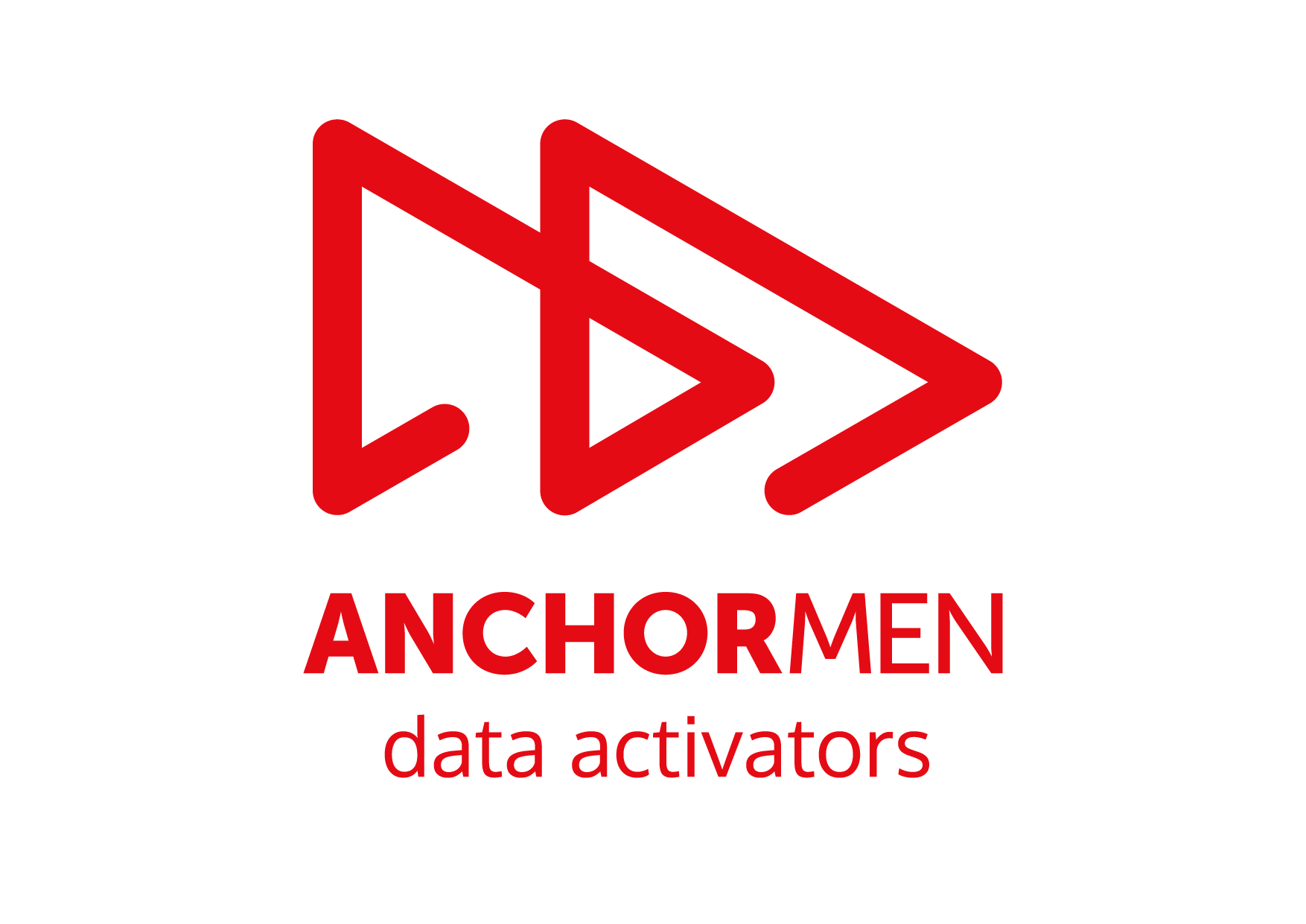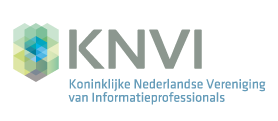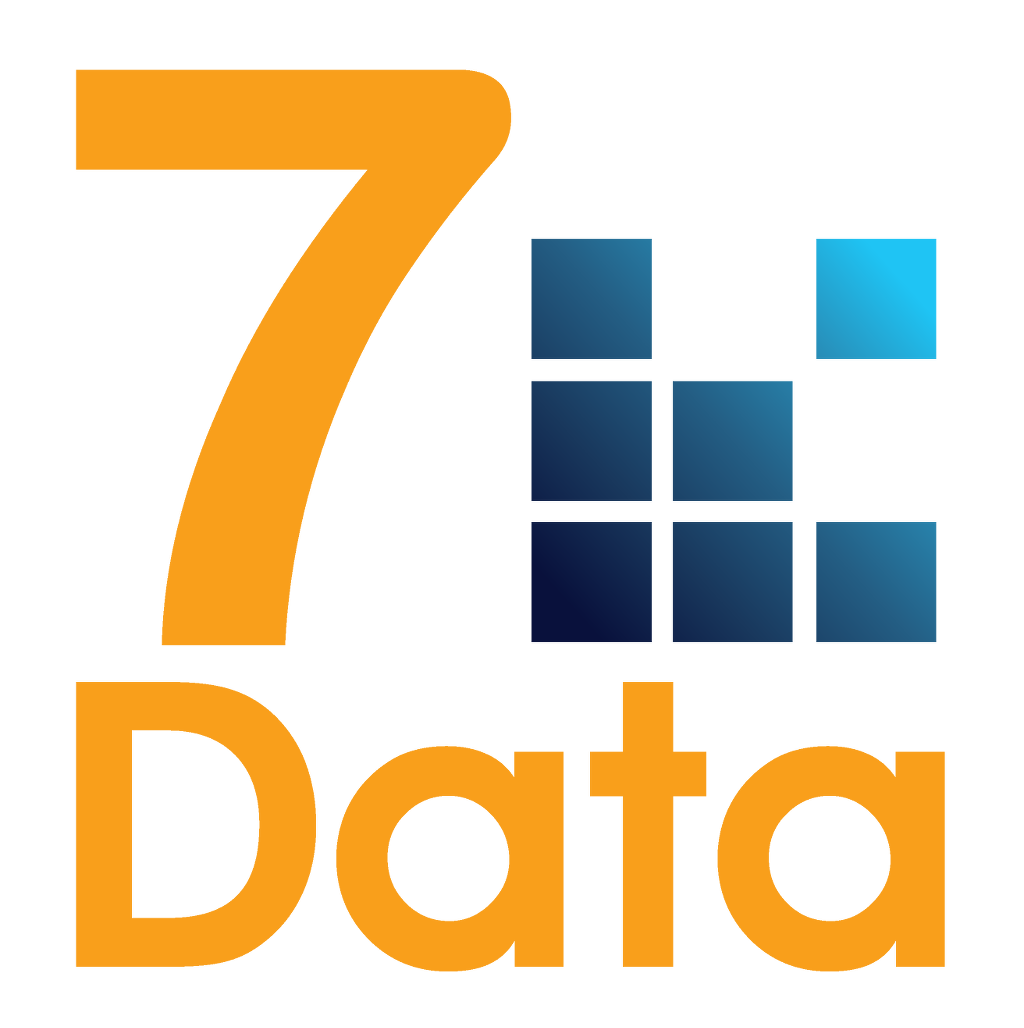Schedule
Also book one of the practical workshops!
Three top rated international speakers will deliver compelling and very practical post-conference workshops. Conference attendees receive combination discounts so do not hesitate and book quickly because attendance in the workshops is limited.
Payment by credit card is also available. Please mention this in the Comment-field upon registration and find further instructions for credit card payment on our customer service page.
24 march 2026
Workshops 2026
Speakers
Rick van der Lans
Donald Farmer
Mike Ferguson
Jan Henderyckx
Emiel van Bockel
Sam Wouters
Erik Fransen
Majken Sander
Gold and Platinum Partners
Exhibitors & Media partners
“Good quality content from experienced speakers. Loved it!”
Rotterdam University of Applied Sciences
“As always a string of relevant subjects and topics.”
Het Consultancyhuis
“Longer sessions created room for more depth and dialogue. That is what I appreciate about this summit.”
Erasmus MC
“Inspiring summit with excellent speakers, covering the topics well and from different angles. Organization and venue: very good!”
The Hague Municipality
“Inspiring and well-organized conference. Present-day topics with many practical guidelines, best practices and do's and don'ts regarding information architecture such as big data, data lakes, data virtualisation and a logical data warehouse.”
Closesure
“A fun event and you learn a lot!”
Centric
“As a BI Consultant I feel inspired to recommend this conference to everyone looking for practical tools to implement a long term BI Customer Service.”
iConsultancy
“Very good, as usual!”
biim











